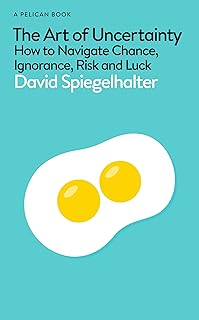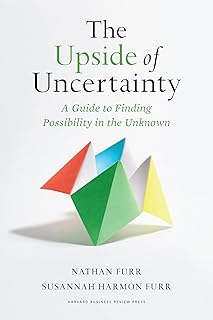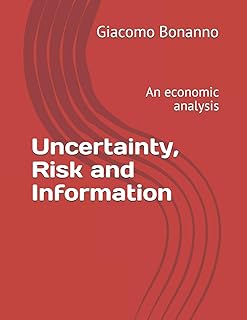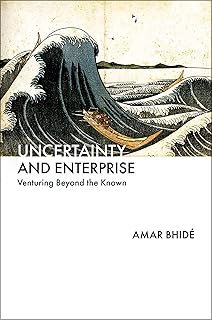Global trade dynamics are undergoing a seismic shift, with uncertainty emerging as a potent force reshaping the landscape. Beyond traditional factors like tariffs and geopolitical tensions, policy unpredictability has become a defining feature, impacting economies worldwide. This pervasive uncertainty is driving up costs, unsettling markets, and disproportionately affecting developing nations.
The latest Global Trade Update from UN Trade and Development (UNCTAD) highlights the systemic nature of this uncertainty. Unlike isolated events, policy unpredictability is now deeply ingrained in the global economy, altering trade patterns and hindering investment. The World Trade Policy Uncertainty Index hit record highs in early 2025, underscoring the escalating unpredictability that is permeating global trade.
Businesses are grappling with tough decisions in the face of this uncertainty, from hoarding inventory to rerouting shipments or absorbing higher transportation expenses. The volatility in US imports surged in early 2025 even before the imposition of tariffs, as companies rushed to adapt. The burden of uncertainty often surpasses the actual tariff costs, particularly impacting small exporters and developing economies lacking the resources to mitigate such shocks.
Moreover, the repercussions of uncertainty extend beyond the realm of trade, affecting financial and macroeconomic stability. Exchange rate fluctuations, tightened capital flows, and increased borrowing costs pose risks, especially for developing nations already struggling with limited access to trade finance. The resultant credit constraints and reduced investment opportunities exacerbate fiscal vulnerabilities, constraining governments’ capacity to drive growth and social progress.
One of the most significant casualties of this uncertainty is the erosion of trust and cooperation on the global stage. Ambiguity in policies and selective enforcement lead governments to resort to unilateral actions, triggering potential retaliatory measures. This volatile cycle disrupts supply chains, with developing countries witnessing sharper import swings compared to advanced economies, exacerbating vulnerabilities, particularly for the least developed nations.
Amidst these challenges, there are pathways to mitigate risks and foster stability. Diversifying market access, fortifying trade agreements, and providing enterprises with early insights into policy changes can help reduce uncertainties. Restoring predictability and stability is crucial for fostering investment, enabling economic growth, and harnessing trade’s transformative potential as a catalyst for development.
The Global Trade Update underscores that uncertainty has become the new tariff, exacting a toll on economies worldwide. The imperative lies in navigating these uncertainties collectively and strategically to safeguard the global trade ecosystem and ensure sustainable growth and development for all stakeholders.
📰 Related Articles
- Global Economic Outlook 2025: Navigating Trade Tensions and Uncertainty
- World Leaders Forge Trade Partnerships, Impacting Global Economic Landscapes
- Global Markets React to Economic Uncertainties and Trade Talks
- Global Economic Landscape Shifts Amid US-Iran Nuclear Talks
- Global Business Landscape: Navigating Trade Dynamics and Legal Challenges






